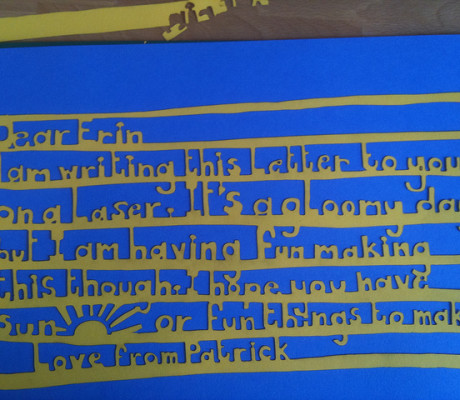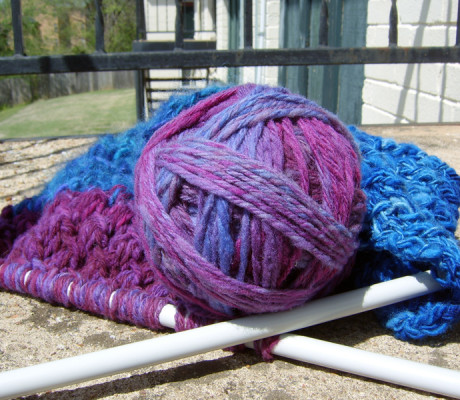So in the first article we looked at what anxiety is and what is happening in the body when it thinks we are in danger. Now we need to try and understand why we think we are in danger and how we can help ourselves and others.
So how are you experiencing anxiety in your life right now? What happens in your body, what are your thoughts and how do you behave when you are anxious? Do you avoid situations or people? We will all have very different answers to these questions. Anxiety will affect us all in very different ways at different times. Have a pause and think about you.
What can we do about anxiety?
There are some things we can do to override that autonomic reaction in the short term and long term but it takes effort. Do you want to change?
-Talk about what makes you worried to understand. The stress might be coming from the outside but we generate worry from the inside. Getting professional help with anxiety will help you but also you will need to take some responsibility for your anxiety with self-help techniques. Some places to find a therapist for support with anxiety are The Counselling Directory and The British association for counselling and psychotherapy . The Help Guide has a good self help guide about worrying . As a therapist I encourage my clients to talk about what those worries actually are and we challenge and reason them together. My hope is that eventually they will become their own therapist and learn to challenge themselves without me.
-Learn to self soothe when you are anxious physically and worrying- incorporate one or more of the physical senses. Make a self soothe box. Check out how to do this at Mind Your Health
Sight- look at something that relaxes you or makes you feel happy, look at positive quotes, photos of family and friends, holidays you have enjoyed
Sound- Listen to uplifting soothing music or sing your favourite song. Enjoy the sounds of nature live or recorded- wind in the trees, birds, water. Listen to your favourite podcasts.
Smell- Smell the flowers outside, light incense or candles, spray your favourite scents.
Taste- Mindfully eat something savouring each bite, have a hot soothing drink, chew gum or a mint.
Touch- Massage your hands or feet or cuddle someone or a pet. Wrap yourself in a blanket.
Movement- Stretch, go for a run, jump, dance
-Exercise- Try to get at least 5 x 30min sessions a week of exercise that engages all of your body. It will relieve tension, reduce stress hormones, release serotonin and endorphins (feel good chemicals). Try different types of exercise on your own and with others.
-Mindfulness- Read about mindfulness, learn techniques, join a meditation group, try Headspace on-line or with your phone.
-Try making lifestyle changes to reduce anxiety symptoms and worry such as getting enough sleep, limit caffeine intake, avoid alcohol and nicotine, eat well and right, reduce sugar.
-Practice relaxation techniques- Get your body used to how to relax and practice it even if you are not anxious, this will get your body used to using relaxation responses and you will be able to choose how to respond more easily. Your brain will actually change (How?) . Learn techniques such as –Deep breathing, Body scans for muscle relaxation.
-Get support from others- get in touch with people who care about you whom you feel calm around, connect with these people regularly, people whom you never feel judged with and who listen to you.
-Practice self-compassion- How do you talk to yourself in your head? Would you talk to yourself like you would your friends? No? Start being kind and giving yourself a break!
-Use self-help books and evidence based anxiety websites such as Get Self Help.
-Write down/draw your thoughts and feelings- identify and challenge your exaggerated worries or pessimistic thoughts.
-Engage in leisure time and pleasurable activities.
What is a panic/anxiety attack?
It is different for different people. A panic attack is a sudden onset of intense fear or apprehension. Some people know what triggers them into panic others are unaware of the source. They can last between 10-15 mins and up to 40 minutes in severe cases.
Signs
Increased awareness of heartbeat
Sweating
Trembling or shaking
Feeling of choking, shortness of breath or smothering
Chest pain or discomfort
Nausea or abdominal distress
Feeling of unreality or detachment from oneself or from ones surroundings
Feeling dizzy, unsteady, lightheaded or faint
Fear of losing control or going crazy
Fear of dying
Numbness, tingling or pins and needles
Chills or hot flushes
What to do in a panic attack
- This is some advice for what to do in the immediate short term should you have a panic attack, it won’t fix things or stop you having another one but can help in the short term.
- You need to Plan for panic attacks- If you are in a conversation then pause it, as you feel anxiety rising don’t fight it. If you are in a car, pull over, if you are at a concert find a quiet place on your own or ask a friend to come with you. If you can get out of that situation that is stressful and put it on hold do it.
- Try focussing on something else; distract yourself if you can to get your mind off the fear. Sit down and breathe. Say to yourself a mantra such as ‘this will Pass’ because it’s true, it will. It will peak for the first 10 mins but will last no longer than 40 mins; you will have no lasting damage. You can let it out- Scream, cry or make a noise that is somewhere in between these two. Sometimes when you feel overwhelmed emotionally it’s good to feel it , not resist it and actually let it out.
How to help if someone else is having a panic attack
- If you are unsure the person is having a panic attack, a heart attack or an asthma attack and/ or the person is in distress, call an ambulance. Let the medics decide.
- If you are sure the person is having a panic attack move them to a quiet place
- Help the person to get calm by encouraging slow relaxed breathing in time with your own. Encourage to breathe in for 3 seconds, hold and breathe out for 3 seconds
- Be a good listener without judgement
- Explain calmly that the person is experiencing a panic attack and it’s not life-threatening such as a heart attack.
- Explain that the panic will stop and they will recover fully
- Assure the person that someone will stay with them and keep them safe until the attack stops
If any of you have any further thoughts or questions about anxiety then do get in touch with me. I hope this has been helpful. Its been helpful for me!






